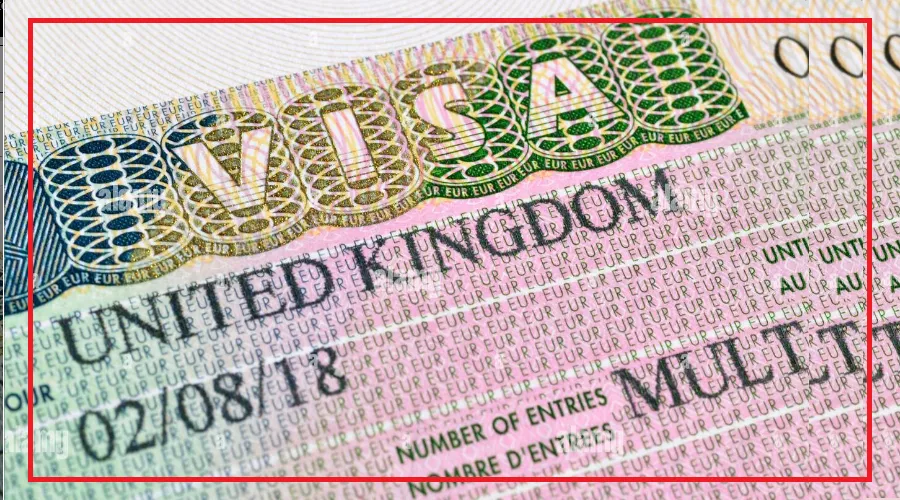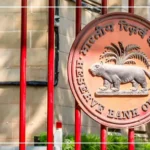London:
In a big immigration policy change, the UK Labour government has announced that foreign workers will now need to wait ten years instead of five to qualify for permanent residency (Indefinite Leave to Remain – ILR).
Home Secretary Shabana Mahmood also confirmed that migrants must clear a set of new tests proving their ability to integrate and contribute to British society before they are granted ILR.
This move is one of the biggest overhauls of the UK’s immigration system in recent years.
It is part of Prime Minister Keir Starmer’s plan to control migration levels and respond to rising public concerns about immigration.
New Conditions for Settlement
Under the new rules, foreign nationals applying for ILR will need to show:
- Regular national insurance contributions
- High-level English proficiency
- Active community involvement, such as volunteering
The government says these stricter measures are meant to ensure migrants are “earning their right” to stay in the UK and are contributing positively.
Mahmood added that many people in the country feel things are “spinning out of control,” pointing to concerns about illegal working and wage undercutting.
Political and Policy Context
The changes come after Nigel Farage’s Reform UK party called for scrapping ILR entirely and replacing it with renewable five-year visas.
In response, Labour has also rolled out digital IDs and tougher deportation rules as part of its wider push to curb illegal migration.
This shift highlights how immigration has become a central issue in British politics, especially with the next general election approaching.
Impact on Indian Migrants
The policy will hit Indian workers the hardest, as they make up the largest group of foreign employees in the UK.
By December 2024, around 975,100 Indian nationals were working in the UK — more than any other non-UK group.
With the longer wait time, Indians may face higher financial costs, greater uncertainty, and delays in settling permanently.
Adding to this challenge, work visas issued to Indians dropped sharply, from 162,655 in 2023 to just 81,463 in 2024, showing how immigration controls are already tightening.
Trade Ties and Labour Market Effects
Earlier this year, India and the UK signed a free trade agreement that included the Double Contribution Convention (DCC).
This deal exempts Indian workers from paying UK social security contributions for three years.
But at the same time, the UK imposed strict quotas — such as a yearly cap of 1,800 visas for chefs, yoga instructors, and classical musicians.
Conclusion
By doubling the residency period and adding stricter eligibility rules, the UK has taken a tougher approach to immigration.
While the policy is designed to reassure domestic voters, it risks discouraging skilled foreign workers — especially from India — and could put pressure on trade and economic relations.
For many Indian professionals, the dream of settling in Britain has now become much more difficult and uncertain.

























